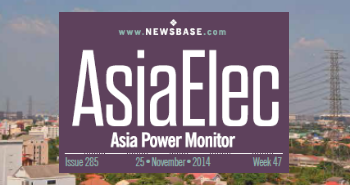REM: US to remove barriers to nuclear collaboration with India

The United States will eliminate barriers that have hindered collaboration between Indian nuclear organisations and US firms, according to US National Security Advisor Jake Sullivan, Hindustan Times reported. Although he did not specify which Indian entities would be affected, US documents list organisations like the Bhabha Atomic Research Centre (BARC), Indira Gandhi Atomic Research Centre (IGCAR) and other facilities linked to India’s nuclear programme as restricted entities, the newspaper added.
Speaking at the Indian Institute of Technology (IIT) Delhi on January 6, Sullivan called this a crucial moment in implementing the 2005 civil nuclear accord. The announcement followed discussions with Indian National Security Advisor Ajit Doval and External Affairs Minister S Jaishankar.
This move signifies a fresh chapter in the India-US partnership, shedding the "frictions of the past" and recognising India’s “open and transparent engagement” with the US, Sullivan noted. It also represents a long-awaited advancement in the civil nuclear agreement signed in 2008, originally envisioned during the 2005 meeting between then Prime Minister Manmohan Singh and former US President George W. Bush. Regulatory challenges had previously stalled efforts to supply US nuclear reactors to India, according to Hindustan Times.
Acknowledging past challenges, Sullivan said the US and India had faced tensions over trade, human rights and legacy relationships. Despite this, both countries have maintained a long-term perspective, navigating these issues through mutual resilience and bipartisan support in the US.
If you’d like to read more about the key events shaping the clean energy sector then please click here for NewsBase’s Renewable Energy Monitor.



Follow us online